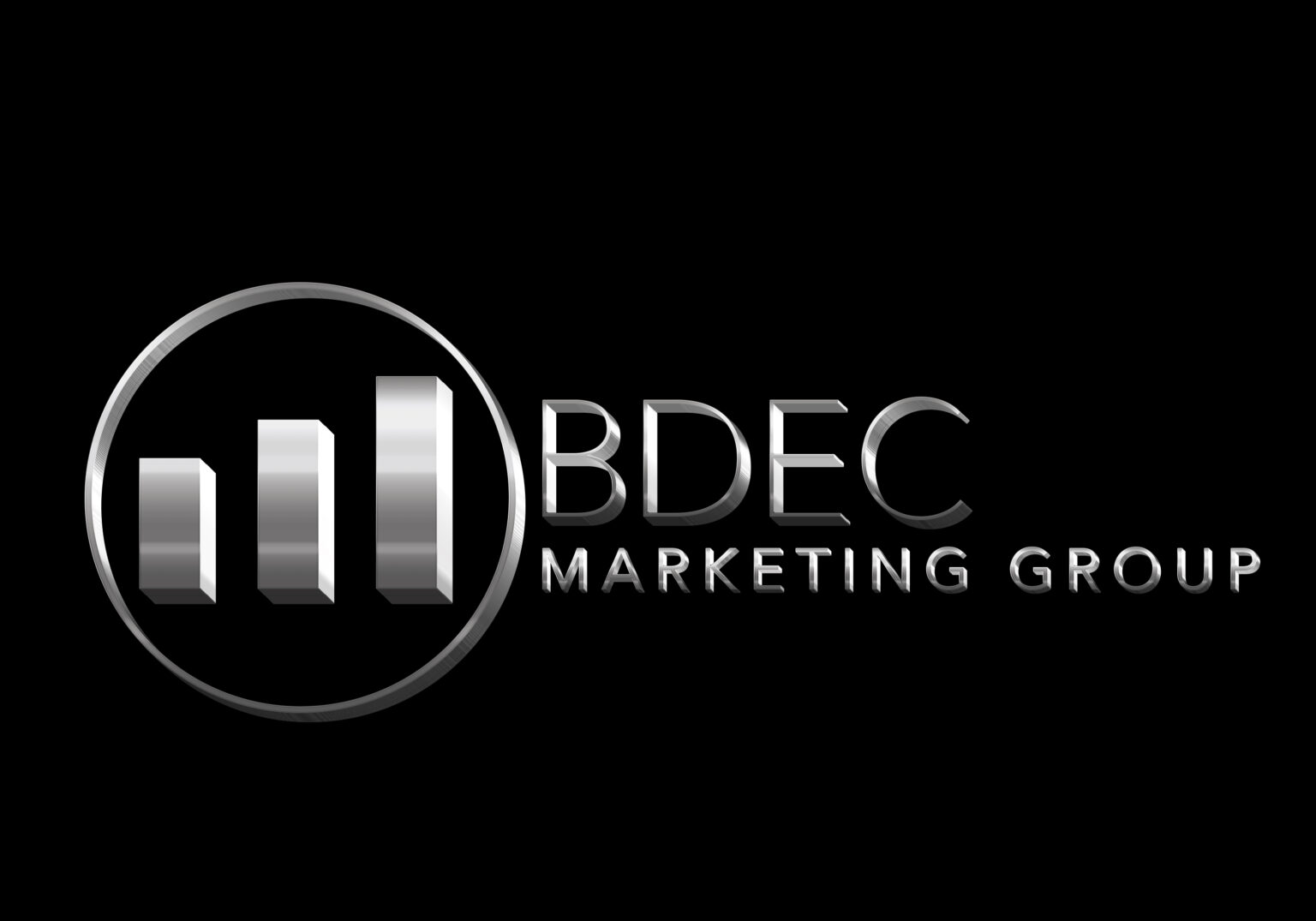Pitching your legal services effectively is crucial for attorneys looking to attract clients, secure partnerships, or even seek investment for innovative legal solutions. Crafting a compelling pitch deck tailored to the legal industry can help you stand out and convey your unique value proposition. Let’s dive into the art and science of creating the perfect pitch deck for attorneys, providing you with the insights and tools needed to engage your audience and achieve your objectives.
The Role of a Pitch Deck for Attorneys
A pitch deck is a concise, visually engaging presentation that communicates your legal practice’s strengths, expertise, and the solutions you offer to potential clients, partners, or investors. Its significance lies in:
1. Client Acquisition
A well-crafted pitch deck can help you win over prospective clients by showcasing your legal prowess and demonstrating how you can address their specific legal needs.
2. Strategic Partnerships
For attorneys seeking partnerships with other law firms, businesses, or legal tech startups, a pitch deck serves as a compelling introduction and basis for collaboration discussions.
3. Investment Opportunities
If you’re exploring opportunities to secure investment for legal technology solutions, legal process outsourcing, or other legal innovations, a pitch deck is a vital tool for attracting potential investors.
4. Talent Attraction
Top legal talent is drawn to firms and practices that have a compelling vision and innovative approaches. A pitch deck can help you recruit the best lawyers and staff to join your team.
Key Components of the Perfect Pitch Deck for Attorneys
To craft an effective pitch deck tailored to the legal industry, include the following key components:
1. Introduction
- Law Firm Name: Display your firm’s name and logo prominently.
- Tagline: A concise tagline that encapsulates your legal practice’s core values or unique selling points.
- Contact Information: Include your contact details.
2. Problem Statement
- Legal Challenge: Clearly articulate a common or significant legal challenge or issue faced by your target audience.
- Case Example: Provide a real-life or hypothetical case example to illustrate the problem’s complexity and relevance.
3. Solution
- Legal Expertise: Describe your firm’s legal expertise and experience.
- Innovative Approaches: Highlight innovative legal solutions or approaches you employ.
- Client-Centric Focus: Emphasize your commitment to tailoring legal strategies to meet client needs.
4. Practice Areas
- Areas of Specialization: Outline your firm’s core practice areas and any niche specialties.
- Success Stories: Share case studies or successful outcomes related to your practice areas.
5. Market Opportunity
- Target Clients: Define your ideal client profile, including industries or demographics.
- Market Size: Provide data or statistics to highlight the potential client base.
- Market Trends: Showcase legal industry trends and growth projections.
6. Team
- Attorney Profiles: Briefly introduce key attorneys in your firm, highlighting their qualifications and areas of expertise.
- Support Staff: Mention key support staff members who contribute to your firm’s success.
7. Client Testimonials
- Client Quotes: Include testimonials or endorsements from satisfied clients.
- Success Metrics: Share key performance indicators related to client satisfaction, case outcomes, or retention rates.
8. Competitive Analysis
- Competitor Landscape: Identify key competitors or alternative legal solutions.
- Value Proposition: Explain what sets your practice apart and why clients should choose you.
- Client Benefits: Highlight the benefits clients receive from working with your firm.
9. Legal Tech and Innovation
- Technology Adoption: If applicable, showcase any legal tech solutions or innovations your firm uses to enhance efficiency and client service.
- Legal Process Improvement: Describe any unique approaches to legal processes or service delivery.
10. Financials (Optional)
- Financial Highlights: Share revenue growth, profitability, or financial metrics if relevant and appropriate for your pitch.
11. Call to Action
- Next Steps: Clearly specify the desired action you want your audience to take, whether it’s scheduling a consultation, exploring partnership opportunities, or investing in your legal tech solution.
Tips for Crafting an Effective Pitch Deck for Attorneys
Creating a compelling pitch deck specifically for the legal industry requires careful planning and execution. Here are some tips to help you create a pitch deck that resonates with your audience:
1. Keep It Client-Centric
Focus on how your legal services benefit clients and address their specific needs. Tailor your pitch deck to highlight the client experience and outcomes.
2. Highlight Legal Expertise
Emphasize the qualifications, experience, and expertise of your legal team. Showcase your track record in successfully handling cases and client matters.
3. Simplify Legal Jargon
Avoid excessive legal terminology and jargon. Ensure that your presentation is accessible and understandable to a non-legal audience.
4. Visual Appeal
Use visuals, infographics, and images to complement your message and make your pitch deck visually engaging.
5. Storytelling
Craft a compelling narrative that captivates your audience and conveys the unique value of your legal practice or solution.
6. Practice Your Delivery
Rehearse your pitch thoroughly to ensure confident and effective delivery. Practice responding to potential questions or objections.
7. Seek Feedback
Obtain feedback from colleagues, mentors, or advisors.
Ready to take your legal practice to the next level and explore how a tailored legal strategy can benefit you? Schedule a free consultation with us today. Let’s discuss your specific needs, challenges, and opportunities, and together, we can craft a customized plan to help you achieve your legal goals.
Book your free consultation now
Don’t miss this chance to get expert insights and guidance for your legal practice. Subscribe to our newsletter!




